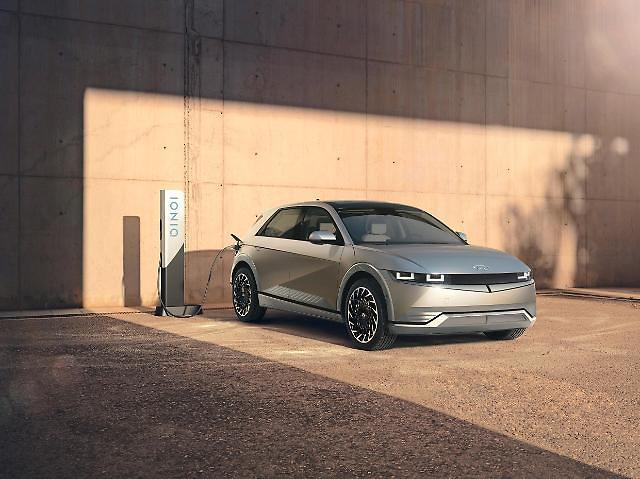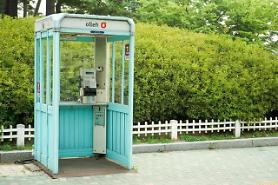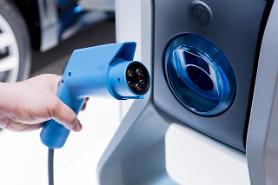
[Courtesy of Hyundai Motor]
Cordless charging uses magnetic waves to charge electric vehicles. South Korea and Japan are competing to preempt some international standards at the International Electrotechnical Commission (IEC), which prepares and publishes international standards for electrotechnology.
An online conference involving some 30 experts from South Korea and seven other countries such as the United States, Germany, Switzerland and Israel was held on April 15 to discuss international standards for high-power wireless charging technologies while an electric vehicle is not moving, according to the Ministry of Trade, Industry and Energy.
The meeting focused on discussions on wireless charging coils, which are vital in the wireless charging system, the ministry said. The efficiency of power transfer is closely related to primary and secondary coils, their sizes, materials as well as distance. The proper selection and positioning of transmission and receiver coils have a major influence on the efficiency of power transmission.
South Korea has proposed high-power wireless charging technologies over 50 kilowatts that can charge up to 80 percent of the battery capacity in about an hour. An electric vehicle can cover a distance of up to five kilometers (3.1 miles) even with a minute of charging while waiting at intersections.
In the field of dynamic wireless charging while an electric vehicle is running, South Korea has proposed two international standards -- requirements for wireless charging communication and the interoperability and safety of wireless charging. The Korean Agency for Technology and Standards (KATS), a government agency that leads national standards and technical evaluation, will host a related international conference in July.
Wireless charging while driving will be applied first to buses that rotate on fixed routes, the ministry said, adding that South Korea regards wireless charging as a catalyst for the spread of electric vehicles.
"South Korea will be able to lead the international standardization of electric vehicle wireless charging technology based on innovative technologies," KATS head Lee Sang-hoon said in a hopeful voice. "As automobile-related companies are increasingly interested in wireless charging infrastructure for electric vehicles, we will preempt international standards to help Korean companies enter the global market."
The Korea Advanced Institute of Science & Technology (KAIST) has developed the so-called shaped magnetic field in resonance (SMFIR) technology that enables the safe transfer of a large amount of energy from a power grid under the road to electric vehicles at rest or in motion.
WiPowerOne, a KAIST spin-off company, has tested SMFIR technology at the KAIST campus in the central city of Daejeon. The wireless charging system is also on trial in Dubai. WiPowerOne has launched a special demonstration to verify the safety and effectiveness of its wireless charging service using 85kHz frequency.
The wireless charging system consists of power inverters, power supply lines installed under the road, a pick-up device that converts magnetic fields to electric energy, and a battery that stores energy. The magnetic field generated from power supply lines will be sent to the pick-up device attached to the lower part of an electric vehicle. The pick-up device converts the magnetic field to electrical energy.
Copyright ⓒ Aju Press All rights reserved.



